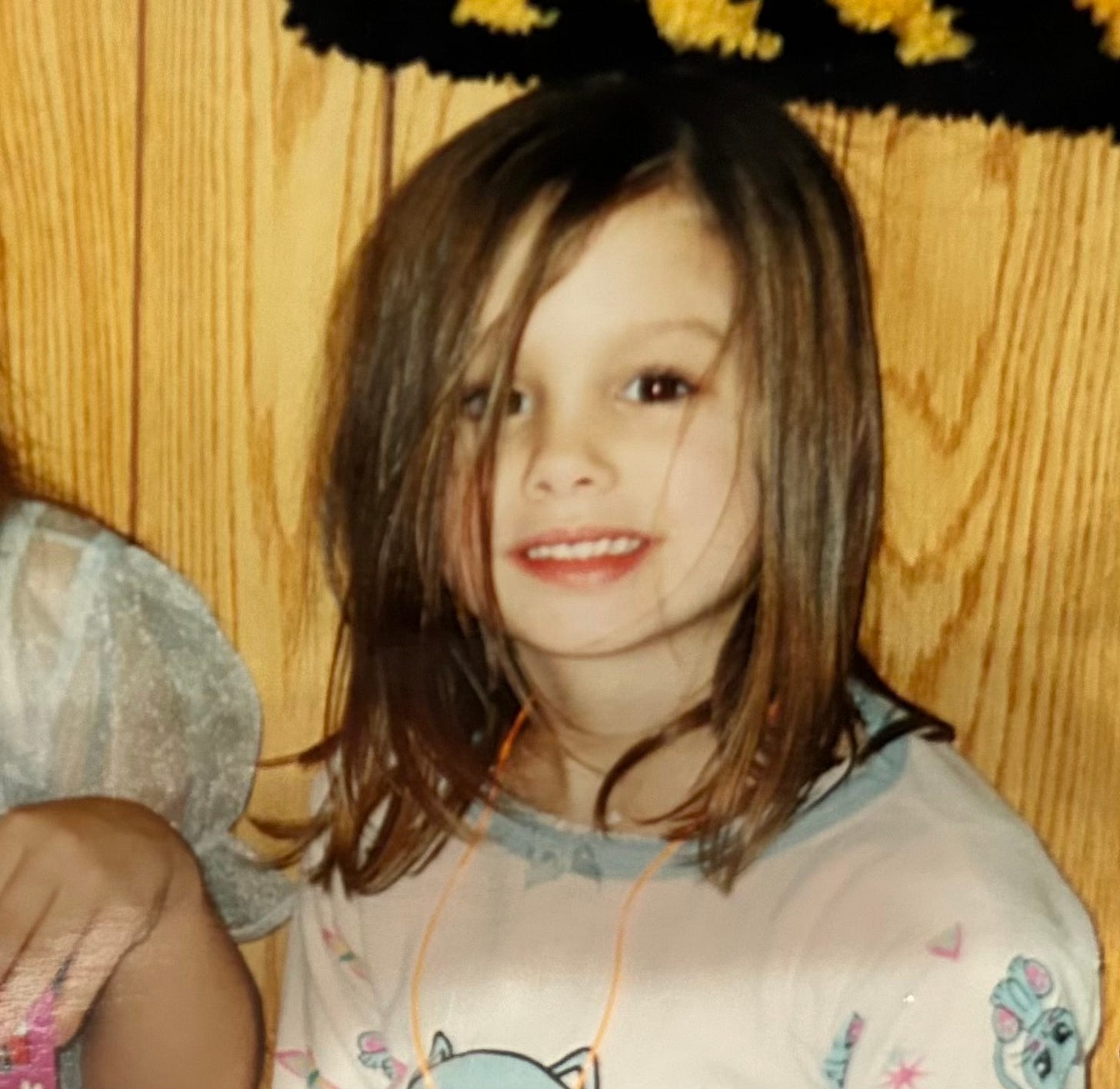Self-Abandonment Will Never Guarantee Love and Safety
Let me be too much—let me be not enough—for the wrong people.
How can you discover who you are if you’re constantly asking for permission from those around you?
Often, I call up a friend and inquire: “Do you think I’m making sense?” “Would you feel this way, too?” “Am I being too this, or not enough that?”
What I’m really asking is, “Is it safe to be myself?”
Sometimes I believe that to belong anywhere, I must belong everywhere.
When you’ve operated from a place of toxic shame your entire life, defining yourself can feel like defining a word you’ve never heard. You draw inferences as best as you can, using feedback from those around you, relying on the fleeting moments when you feel at home. But this is a breeding ground for codependency. It’s a recipe for self-neglect.
I used to think I lost myself in people—in relationships. But really, I defined myself through them. So, once I lost that person—that connection—I lost that sense of stability and security I had in myself.
Perhaps that’s why every breakup, be it with a romantic partner, friend, job, or even family member, has felt like a death. A part of me—the part that felt safe, like it belonged somewhere—truly did wither away and die.
In my poetry, I often write about burying myself alive. It’s a strange and morbid thought, I know. But when I string together words and stanzas, I don’t think. I just bleed. And once I’m done, I read it back, reflect on it. Many times, I catch the theme: killing parts of myself so that I might belong somewhere else.
In one of my poems, I wrote: “When I look into the casket, I see all the versions of myself I thought I was becoming. Am I regressing, burying my potential to fit the image of someone else’s soulmate, someone who will never bring flowers to my grave—the one I dug for their sake? I say ‘I love and accept all parts of myself,’ but why does every rejection trigger such intense grief? I’m tired of mourning the growth I’ve yet to see.”
In a different poem, I said: “You’re another nail in my coffin when I thought you were a rose on my casket. How many times must I bury myself alive before I actually pay the cost of it?”
The theme in both of these is abandonment—but a specific kind: Self-abandonment.
It’s easy for me—or anyone, really—to point fingers at others. But that doesn’t feel fair. Not if I’m failing to acknowledge the role I play in my own suffering.
I’m not saying I haven’t encountered ill-intentioned people or wolves in sheep’s clothing. What I’m saying is that I think people like me are a prime target for them. Why? Because someone who does not know where they begin and end will seamlessly blur their own lines, dull their own edges, to merge with another. I know too many women who spend their entire lives living this way. I know quite a few men who do the same. The most brilliant, loving, and mature humans often struggle with this.
Enough is enough.
I don’t want to be loved through the lens of convenience. I don’t want my value to be synonymous with accommodation. I don’t want to blend in—I want to shine, even if it’s blinding. Even if it turns some people away. So be it.
Let me be too much—let me be not enough—for the wrong people. At least I will still be Sammi.




